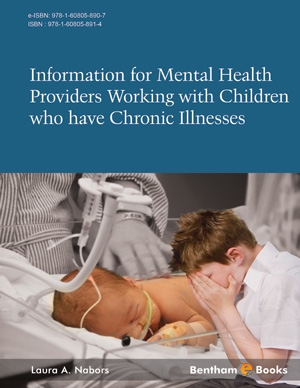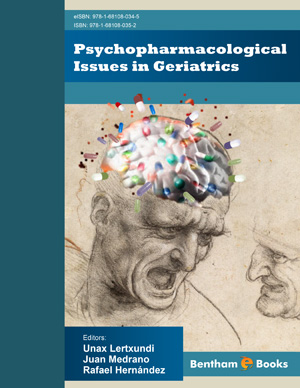Abstract
Problem Domain: This chapter discusses the challenges and gaps in the evidencebased mental healthcare counseling system in Pakistan. Despite growing recognition of
mental healthcare in the country, significant hurdles impede the effective provision of
evidence-based psychotherapies and counseling services. These obstacles include
limited resources, inadequate infrastructure, and cultural stigmatization surrounding
mental health, which collectively hinder access to quality mental healthcare
interventions for Pakistani individuals. Furthermore, there is a notable lack of
awareness and understanding of evidence-based practices among mental health
professionals and policymakers, exacerbating the disparities in mental healthcare
access and quality across the country.
Goal of this Chapter: The sixth chapter specifically focuses on discussing the
important aspects of evidence-based mental healthcare counseling systems and the
effectiveness of evidence-based psychotherapies in Pakistan. By providing insights into
the complex dynamics of the Pakistani mental healthcare system, this chapter aims to
educate readers on the challenges and opportunities in improving mental healthcare
delivery in the country.
Selling Points and Contributions of this Chapter: This chapter offers a comprehensive
overview of the status of evidence-based mental healthcare counseling systems in
Pakistan, highlighting the need for enhanced resources, infrastructure, and awareness to
address the growing mental health needs of the population. By shedding light on the
effectiveness of evidence-based psychotherapies in the Pakistani context, this chapter
serves as a valuable resource for policymakers, healthcare providers, and researchers
seeking to improve mental healthcare outcomes in the country. More specifically, this
chapter has made a substantial contribution in the following ways:
i) This chapter assesses the current status of evidence-based mental healthcare
counseling systems in Pakistan, identifying key challenges and opportunities for
improvement.
ii) By evaluating the effectiveness of evidence-based psychotherapies in the Pakistani
context, this chapter provides insights into the applicability and relevance of these
interventions in addressing mental health issues in the country.
iii) The chapter offers recommendations for enhancing the effectiveness and
accessibility of evidence-based mental healthcare counseling systems in Pakistan,
including strategies for increasing awareness, building capacity, and improving
infrastructure.
Short Results: In summary, this chapter serves as a crucial resource for understanding
the status of evidence-based mental healthcare counseling systems in Pakistan. By
identifying key challenges and opportunities, and offering recommendations for
improvement, this chapter contributes to ongoing efforts to strengthen mental
healthcare delivery and improve outcomes for individuals with mental health issues in
Pakistan.
















